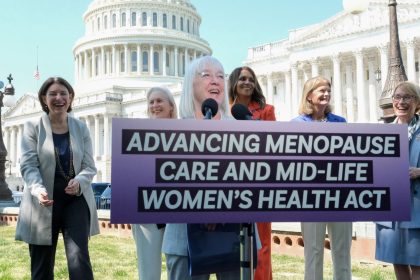UnitedHealthcare to Delay Emergency Visit Coverage Denials Amid Furor

MINNETONKA, Minn. — UnitedHealthcare announced it would delay plans to implement policy changes that would retroactively deny emergency medical care coverage to its customers if the company determines the reason for the care does not qualify as an emergency.
Initially set to take effect on July 1, UHC’s policy change would have the company review what health issues led its customers to file claims for an emergency department visit. Should UHC make the determination in its review that the “intensity of diagnostic services performed” did not merit emergency care, it will issue “no coverage or limited coverage” depending on the patient’s insurance plan.
“Based on feedback from our provider partners and medical societies, we have decided to delay the implementation of our emergency department program until at least the end of the national public health emergency period,” UHC announced in a written statement. “We will use this time to continue to educate consumers, customers and providers on the new program and help ensure that people visit an appropriate site of service for non-emergency care needs.”
Prior to the delay, UHC’s announcement was met with condemnation and outcry from hospital and doctor groups, such as the American College of Emergency Physicians. ACEP characterized the decision as “dangerous” and as a violation of the “Prudent Layperson Standard,” a federal policy that requires insurance companies to provide emergency care coverage based on the patient’s presenting symptoms rather than their final diagnosis.
Just 3% of emergency visits are determined to be “non-urgent” upon evaluation, and 90% of patient symptoms overlap between non-urgent and emergency conditions, according to Centers for Disease Control and Prevention data.
With a customer base of 70 million people and a care network of over 1.3 million physicians and health care professionals, UHC is the largest health insurer in the United States.
“While we’re dismayed by United’s decision, we are not, unfortunately, surprised to see an insurance company once again try to cut its costs at the expense of necessary patient care,” Dr. Mark Rosenberg, president of ACEP, said in a written statement. “UnitedHealthcare is expecting patients to self-diagnose a potential medical emergency before seeing a physician, and then punishing them financially if they are incorrect.”
Rosenberg continued, “Over the past year, we’ve seen the devastating impact of when patients avoid treatment — including worsening health conditions and even death. This new policy will leave millions fearful of seeking medical care, just as we’re getting hold of the COVID-19 pandemic and trying to get as many people vaccinated as possible.”
In an analysis published by JAMA Network Open in 2018, researchers examined whether a patient’s symptoms presented to the emergency department could be reliably designated as “non-emergency” based on the discharge diagnosis. In their findings, researchers found there was no way for physicians to make an accurate determination of the medical necessity for emergency care in advance.
The analysis was conducted and published by the JAMA Network when Anthem, the nation’s second-largest medical insurance provider by total members, began denying coverage after instituting a similar policy to UHC’s that year. Anthem’s policy change was met by a federal lawsuit by emergency room physicians, and the company eventually decided not to enforce the change despite never officially rolling it back.
“I’ve taken care of people with ‘indigestion’ who had heart attacks,” Dr. Megan Ranney, director of the Brown-Lifespan Center for Digital Health and cofounder of AFFIRM Research, said on Twitter. “People with ‘pink eye’ who had vision-threatening infections. [People] with a ‘tension headache’ who had [a] brain bleed. This policy is horrible. Patients shouldn’t be forced to decide if they’re having an ‘emergency.’”
























